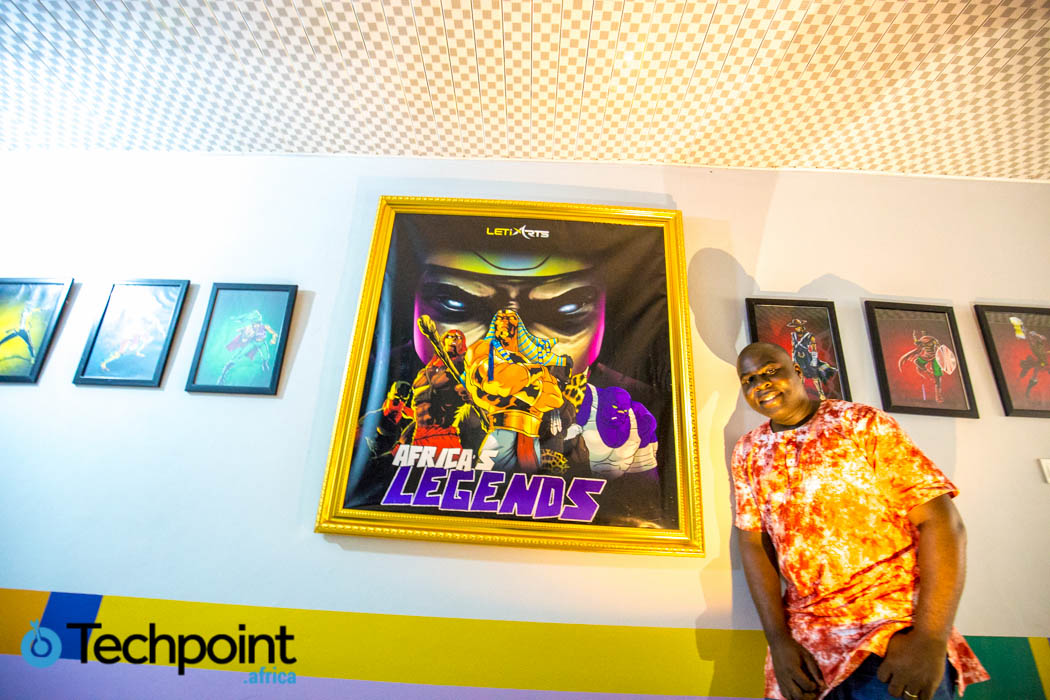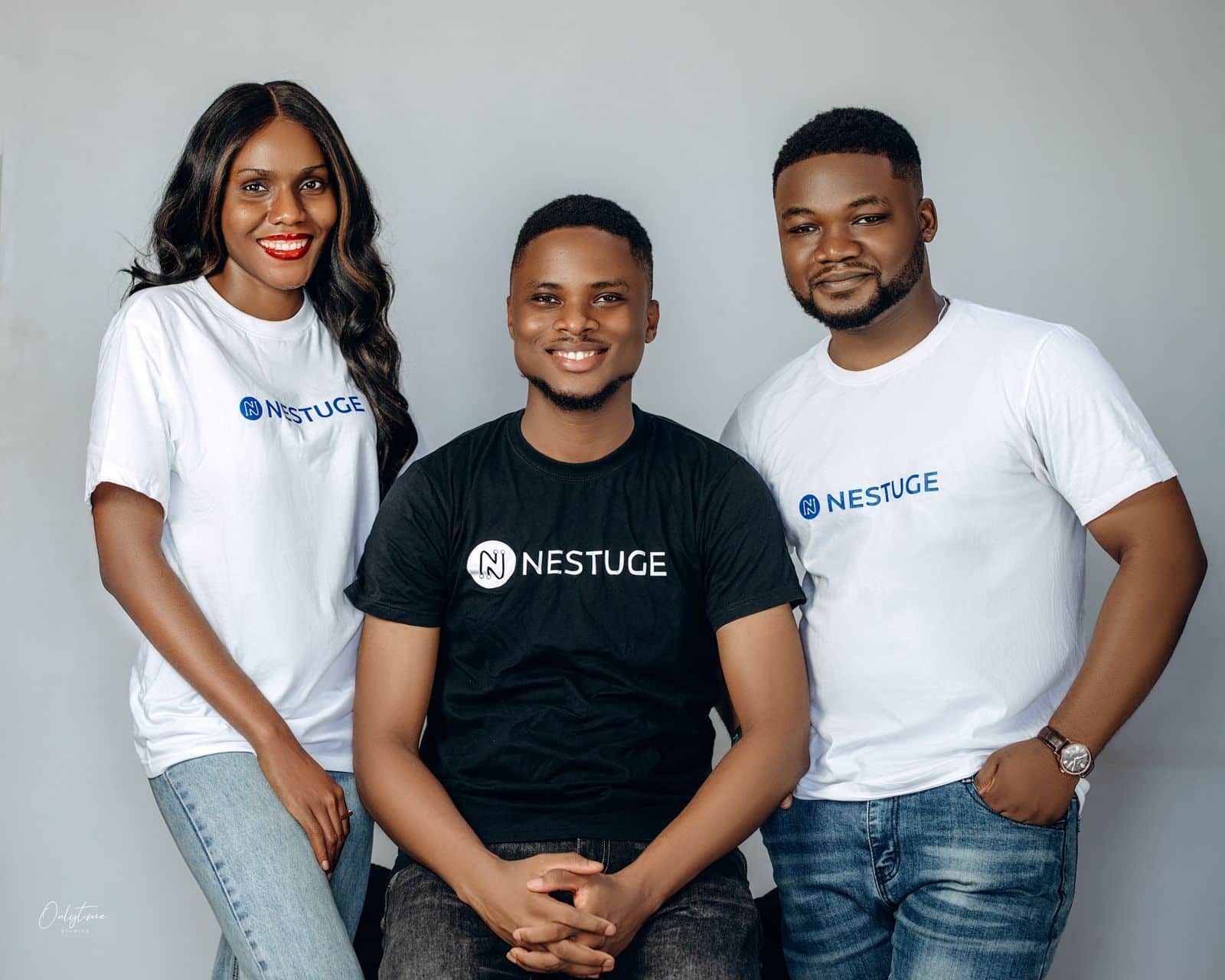Earlier in the year, market research consultant on education and interactive gaming, Newzoo released the latest quarterly update of its Global Games Market Report.
It forecasted that 2.3 billion gamers across the globe will spend $137.9 billion on games in 2018.
With a $116 billion 2017 industry valuation, according to GamesIndustry, consumer spend on games is further expected to grow to $180.1 billion by 2021.
But even as the global game industry is booming with continuous revenue, Africa has consistently remained inconspicuous on the global statistical map. From inability to monetise, to the lack of skillets, game development on the continent has many challenges.
Like many enthusiasts aspiring to put African games on the global map, Eyram Tawia, a Ghanaian-born programmer had problems with visibility for early games developed under his registered company, Leti Arts.
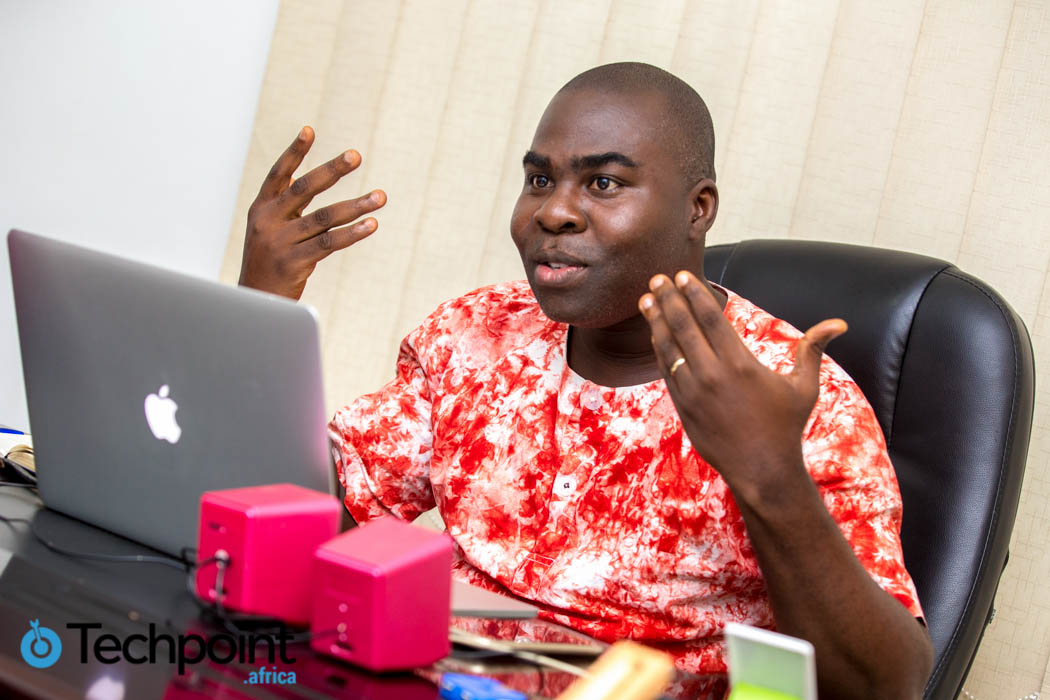
But upon a trip to Finland in 2015, he discovered that games on the continent aren’t what they ought to be.
Current realities on the ground
Africa is a continent of over a billion people. Sub-Saharan Africa alone has about 420 million unique mobile subscribers, putting it as the fastest growing mobile market in the world. How the increased digitisation buzz has not influenced the African gaming industry is something to ponder. Or could Africa possibly not be a gaming continent? Eyram doesn’t think so.
“We tend to assume people are playing Candy Crush, but once we took a dive in as game developers we realised it’s hard tracking even those set of game lovers.
All in an effort to find out the continent’s hunger for local games, we made iWarrior on iOS, Street Soccer on Android and many others. None of them stuck,” he says.
Building games for the continent
After returning to Ghana from Finland, Eyram carried out a lot of research to find out what gaming on the continent should be like. His two flagship products, “Africa’s Legends and Reawakening”, have turned out to be a model for game design on the continent.
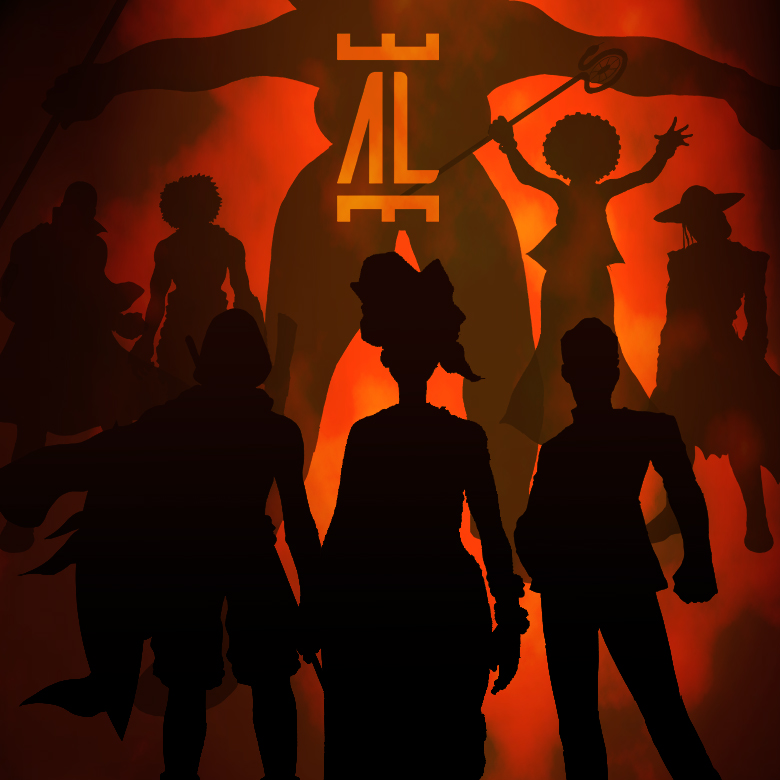
Both games are set in a cosmic superhero universe steeped in African mythology, history, and culture.
The plots are loosely tied to actual historic events and fantasy figures, mixed with villains that represent issues all over the continent such as corrupt politicians and religious leaders, pirates, serial bombers and rebels.
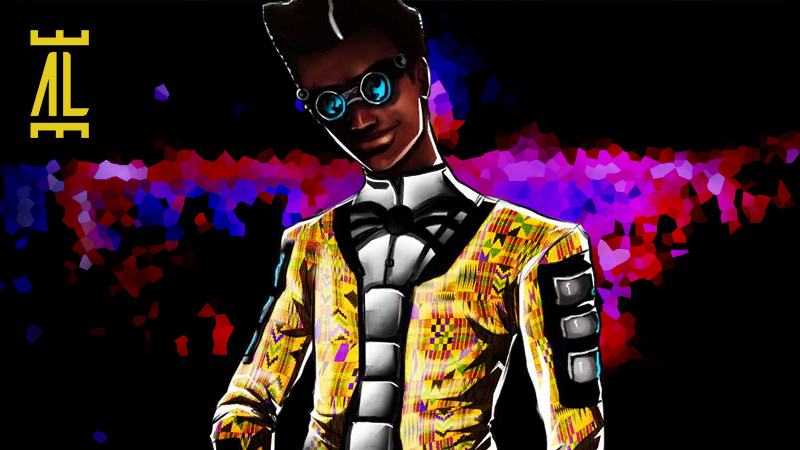
While Africa’s Legends is the older universe made up of gods and ancient mythology, Reawakening, which is set in near-future Africa has more recent characters.
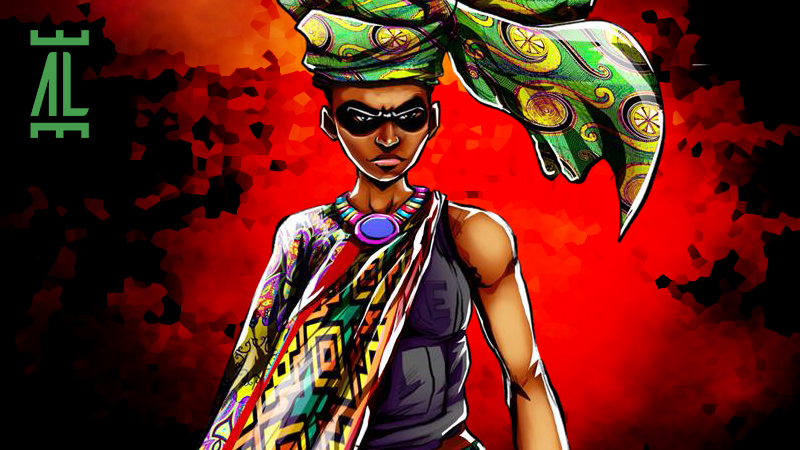
According to Eyram, the idea is to use games to stimulate the mind towards finding proactive ways of tackling the modern-day issues that affect all Africans.
“We are doing that through digital storytelling which involves African stories and folktales, fantasy, and then creating superheroes and comic out of it.”
Ideally, a game should mirror people’s actual lifestyle. And in the 21st century, where technology is an integral part of people’s lifestyle, building games around that ideology has some advantages.
At Leti Arts, the belief is that games should be able to connect people together. This is why Reawakening is particularly engineered to connect African people to work together to improve and fix situations for themselves.
It involves contextual heroes (from Africa’s Legends) all brought up-to-date on the continental stage to tackle a modern-day issue (villain).

Players start from their home country but then get merged (based on progression) with heroes from other parts of the continent, as they seek to combine efforts to find contextual solutions to problems peculiar to Africa. This allows for cross-pollination of ideas and learning about the other person’s culture.
“But in all you see bits of our heritage, creative energy, even to the little tasks involving technology, manifest in what we do at Leti Arts,” clarifies Eyrem.

Leti Arts wants to be a pioneer of games development on the continent. This is why, aside from having interns, the company engages story writers, from across Africa, who know and can write about their heroes better.
Monetisation strategy
Leti Arts is not generating any revenue from either of its two flagship products at the moment. This is because it plans to finalise distribution with major telcos on the continent before rolling out products by end of the year.
The partnership will allow both games to run on SMS, alongside already supported platforms like Facebook Messenger, PlayStation, Xbox, and even WhatsApp.
“We are not in a hurry to release the product because, at the end of the day, it’s the business after the product is ready that really makes all the difference,” says Eyram.
What has kept the company afloat is the African gamification approach that enables it to run consultancy operations alongside the normal business of building in-house games for the continent.

When the business ran out of money sometime in 2012, the initiative to build their own game engine kicked in.
They soon started licensing part of their game engine — so other applications could ride on it — and also took on gamification projects; especially from companies which didn’t want to spend much on advertising and training. They managed to carry out all of those without necessarily shattering the African Legends and Reawakening dream, which began in 2012.
“We want people to look at Leti Arts and say that gaming will work in Africa. We believe strongly that it is the games industry that will catapult Africa to the same level as the West. Trust me, the gaming industry in the West is bigger than Hollywood and its music industry counterpart combined.”
Hope for African gaming?
Revenue from the B2B side is obviously what has sustained Leti Arts. Even seeing that the majority of the clients are from overseas, it makes it further interesting to find out how their commercial games will fair when they are finally deployed.
But who knows whether the future holds better promises for gaming on the continent.
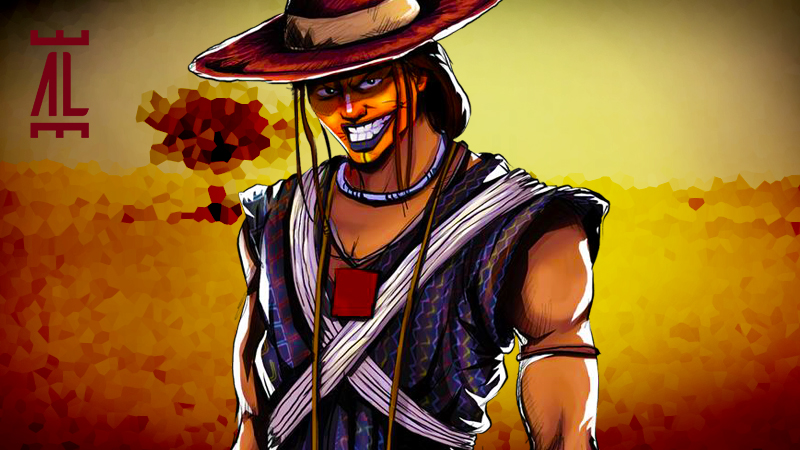
In Finland, for instance, Supercell — which gave us Clash of Clans — alone made $2.2 billion in revenue in 2017, allowing it service an initial government investment of $6 million in 2012 by over 500%.
The primary market of Leti Arts is Africa. 1 billion people across Africa means more unique African stories to tell. Even still, eyes are set across the rest of the world, which is believed to be huge, competitive and, most importantly, hungry for local content.
Perhaps technical know-how and industry realisation will still be a bane of development, perhaps Africa will finally rise to the occasion. But for a company that launched itself into the gaming scene in 2009, Leti Arts will be more than happy to pioneer unique interactive game development for the whole of Sub-Saharan Africa.
In the near-feature, Leti Arts looks to incorporate a print-on-demand feature on the platform, allowing people to be able to order and print its arts as wallpapers.

